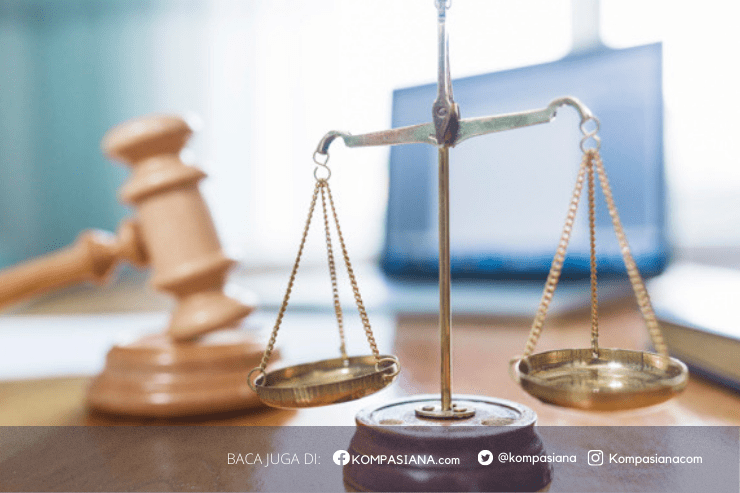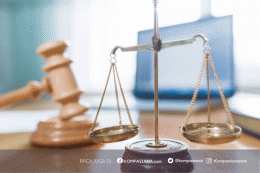Sources of materiil law are the embodiment of individual legal beliefs/feelings (community members) and legal opinions that contain legal substance in the form of agreements, customs and so on that can influence the formation of law. In constitutional law, sources of materiil law derived from the feelings of the community can include public opinion, socio-economic conditions, history, sociology, scientific research results, tradition philosophy, religion, morals, international developments, geography, and legal politics. In Indonesia, Pancasila is the philosophical raw material for the preparation of all laws and regulations. The values contained in Pancasila are the basis for the formation of formal law.
In addition to materiil sources of law, constitutional law also has formal sources of law that relate to the sources of positive law that apply and become the basis for the formation of political systems, legal systems, government systems, state institutions, and other broader constitutional life. Sources of formal law in constitutional law are: 1) Legislation, namely: a) The 1945 Constitution of the Republic of Indonesia (UUD NRI 1945); b) MPR Decree; c) Law/Presidential Regulation in Lieu of Law; d) Government Regulation; e) Presidential Regulation; f) Provincial Regional Regulation; g) Regency/City Regional Regulation; h) Village Regulation; 2) Constitutional Customs or Conventions; 3) Jurisprudence; 4) Treaties; 5) Doctrine.
Bibliography
Jurdi, F. (2019). Hukum Tata Negara Indonesia. Kencana.
Asshiddiqie, J. (2006). Pengantar Ilmu Hukum Tata Negara.
A. Siti Soetami. (1995). Pengantar Tata Hukum Indonesia. Eresco. Bandung.
H. Zainal Azikin. (2012). Pengantar Ilmu Hukum. Rajawali Pers. Jakarta.
Baca konten-konten menarik Kompasiana langsung dari smartphone kamu. Follow channel WhatsApp Kompasiana sekarang di sini: https://whatsapp.com/channel/0029VaYjYaL4Spk7WflFYJ2H







